|
Educational experience show that some things are remembered very well, others are there but sometimes difficult to find. While still other things are completely forgotten. A good teacher should know why this happens so that he can try and create conditions that promote memory all the time. Different theories give different explanations as to what causes forgetting. Behavioristic theory andcognitive theory are discussed here: The behavioristic theoryThe behavioristic theory developed the following explanations
The disuse modelThis theory submits that people forget the stimulus-response [S-R] connections or associations made previously because they grow rusty or fade away through lack of use To promote remembering the teacher needs to ensure that learned material is rehearsed under conditions of reinforcement Rehearsal Learners who don't rehearse content often lose the S-R connections they had learned. To avoid this, the teacher should;
Interference modelLearners forget the content they learn because of other learning interference.
How to improve memoryTo improve your memory, try the following practices: Increasing attention
0 Comments
Leave a Reply. |
RSS FEEDS
ARCHIVES
Archives
April 2024
CATEGORIES
Categories
All
|
|
Primary Resources
College Resources
|
Secondary Resources
|
Contact Us
Manyam Franchise
P.O Box 1189 - 40200 Kisii Tel: 0728 450 424 Tel: 0738 619 279 E-mail - sales@manyamfranchise.com |
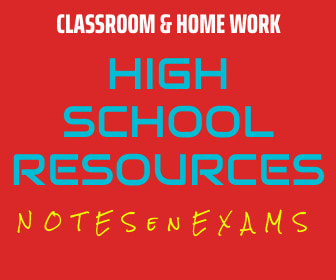
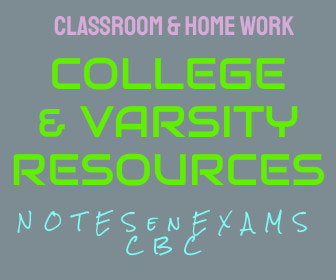
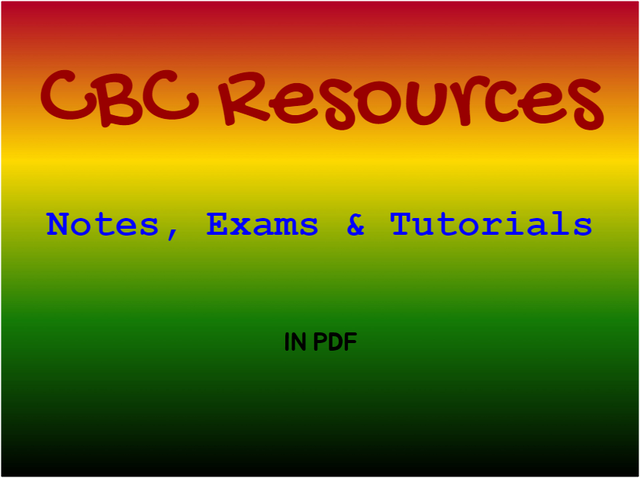
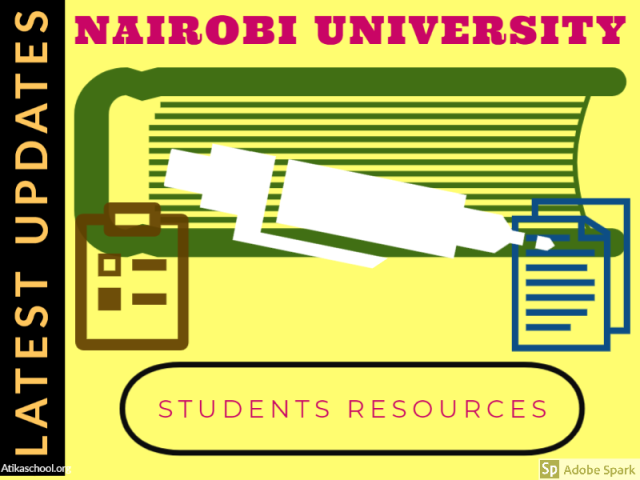
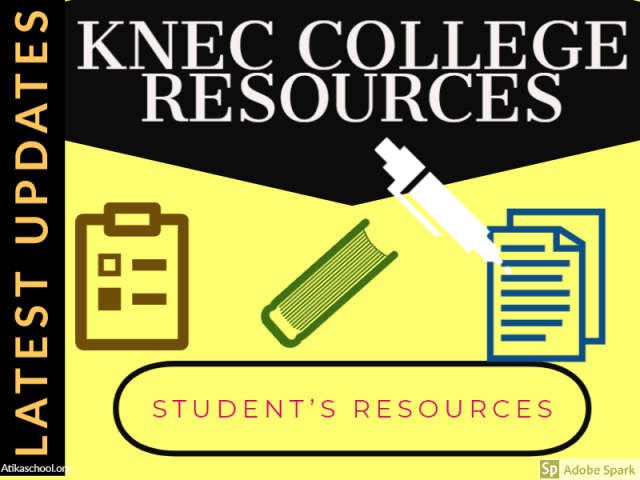


 RSS Feed
RSS Feed

